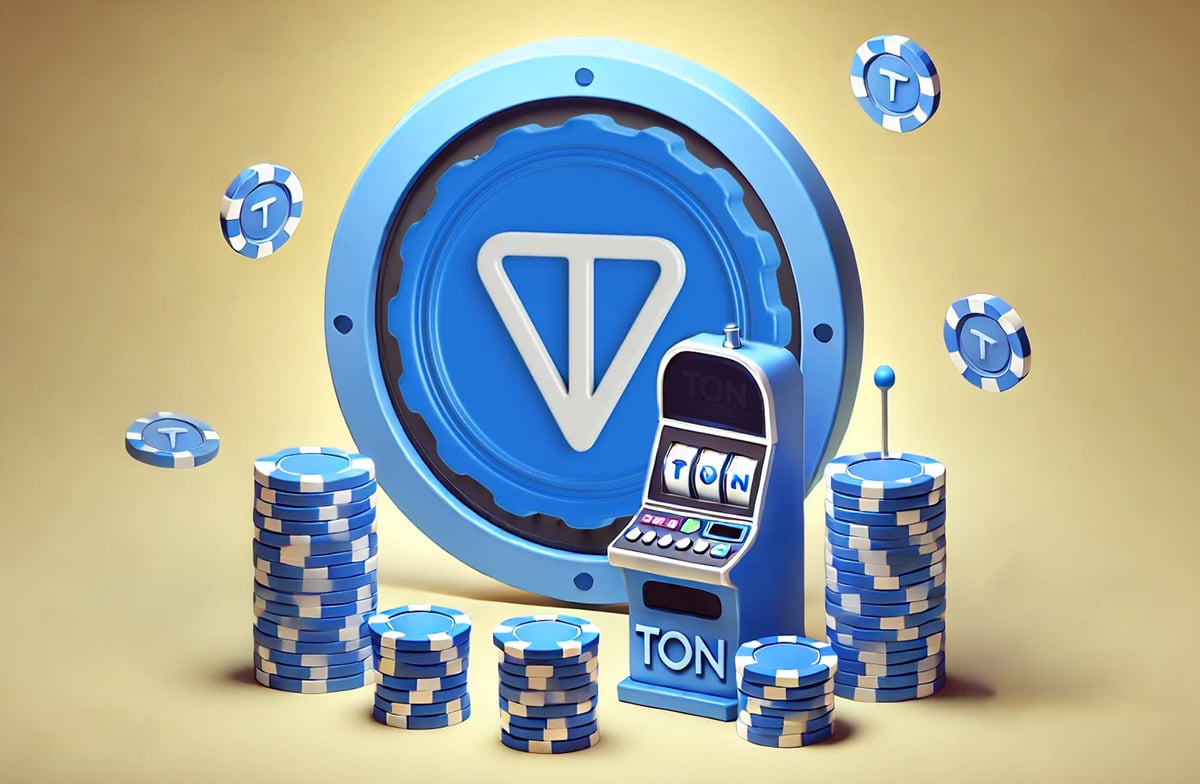The gaming industry has evolved exponentially over the past few decades, transitioning from traditional brick-and-mortar casinos to the digital frontier. In the Philippines, the Philippine Amusement and Gaming Corporation (PAGCOR) has played a pivotal role in this transformation, particularly through its regulation and promotion of e-Games. This article offers an in-depth review of the current landscape of PAGCOR e-Games, examining its development, regulatory environment, market trends, and future potential.
Understanding PAGCOR and its Role in e-Games
PAGCOR was established in 1977 as a government-owned and controlled corporation tasked with regulating and operating games of chance throughout the Philippines. Over the years, PAGCOR has evolved, adapting to changing market dynamics and embracing the digital revolution by introducing e-Games in 2004. This initiative aimed to create a regulated online gaming environment while generating government revenue and curtailing illegal operations.
PAGCOR’s e-Games are essentially electronic versions of traditional casino games, including slots, poker, and other table games, accessible through licensed online operators. The agency controls licensing, compliance, and overall regulation to ensure a fair, safe, and responsible gaming environment for players.
Current Landscape of PAGCOR e-Games
1. Regulatory Framework
PAGCOR’s regulatory framework provides structure to the operations of e-Games. Licensees must adhere to strict guidelines that ensure the integrity of operations, including player protection measures, responsible gaming initiatives, and anti-money laundering protocols. Moreover, PAGCOR regularly conducts audits and reviews to assess compliance and responsiveness to technological advancements in the sector.
2. Market Expansion and Player Demand
The demand for online gaming surged in the wake of the COVID-19 pandemic. With physical casinos shuttered to contain the virus’s spread, players turned to online platforms for entertainment. This shift led to a remarkable increase in user engagement and revenue for licensed e-Games. The convenience of accessing games from mobile devices or computers has broad appeal, further contributing to the market expansion.
Recent estimates indicate that the Philippine online gaming market could reach unprecedented levels in the coming years, driven by both local and international players. As more individuals seek alternative entertainment forms, PAGCOR e-Games are well-positioned to tap into this burgeoning market.
3. Technological Advancements
The evolution of technology has significantly impacted the e-Games landscape. The integration of artificial intelligence (AI), data analytics, and blockchain technology has allowed operators to enhance user experiences, optimize game fairness, and ensure secure transactions. Furthermore, developments in virtual and augmented reality open up new possibilities for immersive gaming experiences, attracting a younger demographic to the platform.
Challenges Facing PAGCOR e-Games
Despite its successes, PAGCOR e-Games face several challenges that could hinder growth:
-
Regulatory Oversight: The rapidly changing online gaming landscape necessitates constant adaptations in regulations. Maintaining relevance while fostering innovation can be a delicate balancing act for PAGCOR.
-
Competition: The expansion of the online gaming market has led to increased competition from other jurisdictions, notably Southeast Asia, where various governments are implementing lenient regulations to attract operators. PAGCOR must ensure that the local offer remains competitive in terms of product variety and player incentives.
- Responsible Gaming: As the industry grows, there’s an imperative need to address issues associated with gambling addiction and establish robust responsible gaming initiatives. PAGCOR must proactively promote player safety and welfare.
The Future of PAGCOR e-Games
Looking forward, the future of PAGCOR e-Games seems promising, but only if the agency adapts strategically to the changing landscape. Fostering partnerships with technology providers, embracing innovative gaming formats, and adhering to responsible gaming standards will be crucial.
Additionally, enhancing marketing strategies and strengthening platforms for player feedback will refine player targeting and engagement initiatives. The potential for growth is immense, especially with the global trend leaning towards increased acceptance of online gaming.
Furthermore, as digital currencies and alternative payment methods gain traction worldwide, PAGCOR might consider the integration of cryptocurrencies to appeal to a growing tech-savvy demographic.
Conclusion
PAGCOR e-Games embody an essential component of the Philippines’ burgeoning gaming industry, offering a regulated, player-centric online gaming experience. As the market continues to grow amidst opportunities and challenges, PAGCOR’s proactive regulation and commitment to responsible gaming will be instrumental in shaping a sustainable future. By embracing technological advancements and continuously refining its approach, PAGCOR can position its e-Games platform as a prominent player in the global online gaming landscape.



